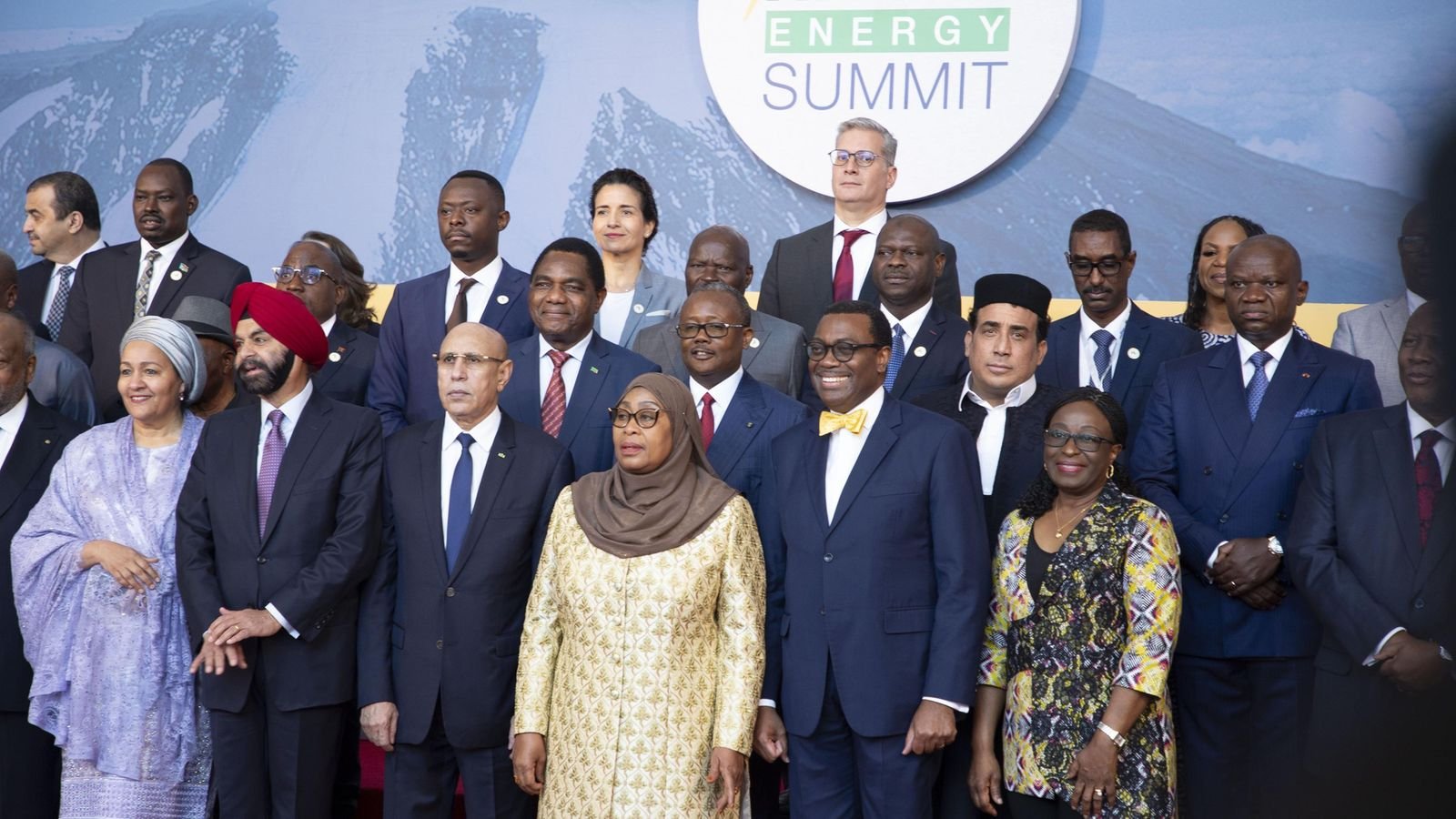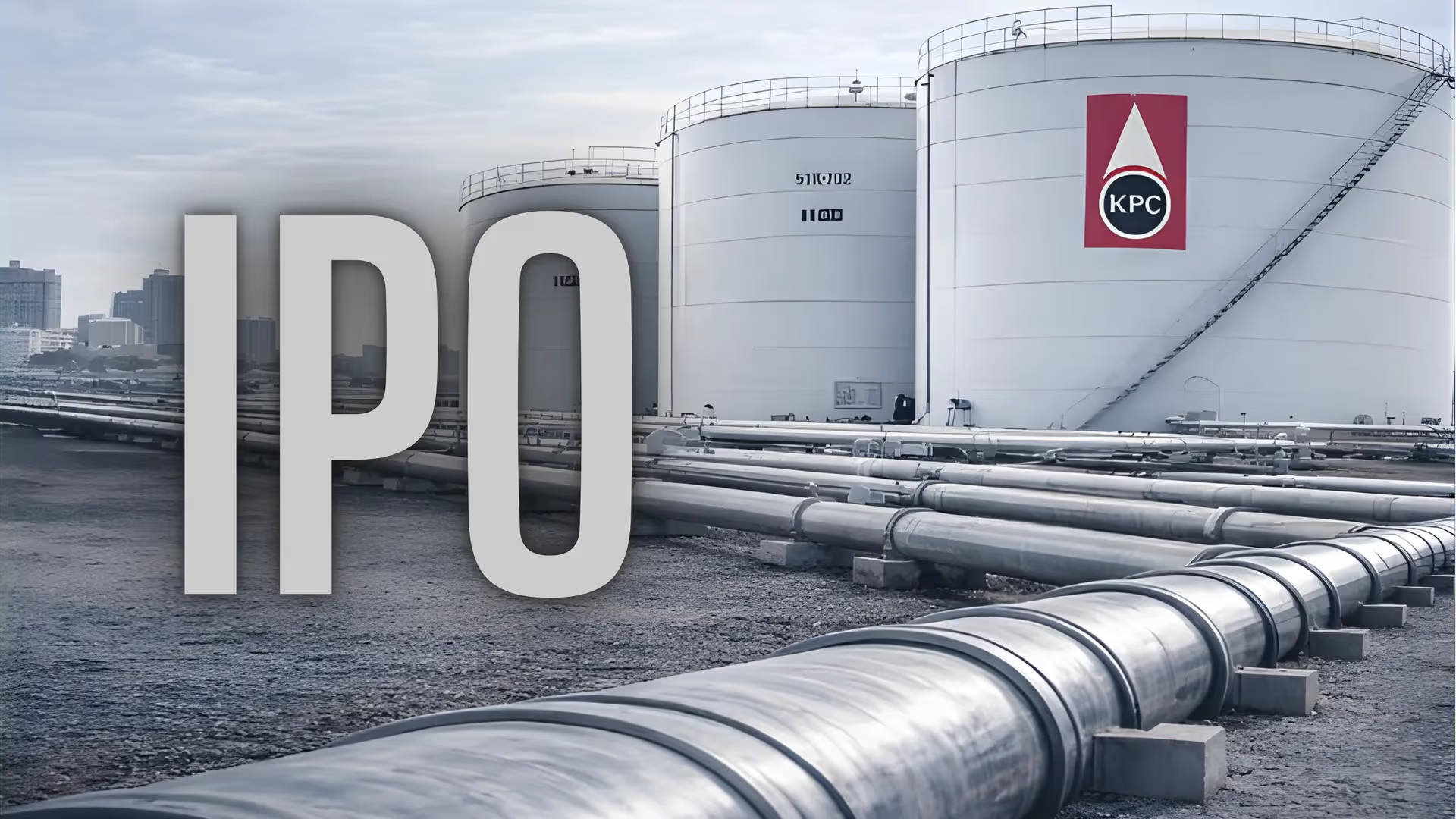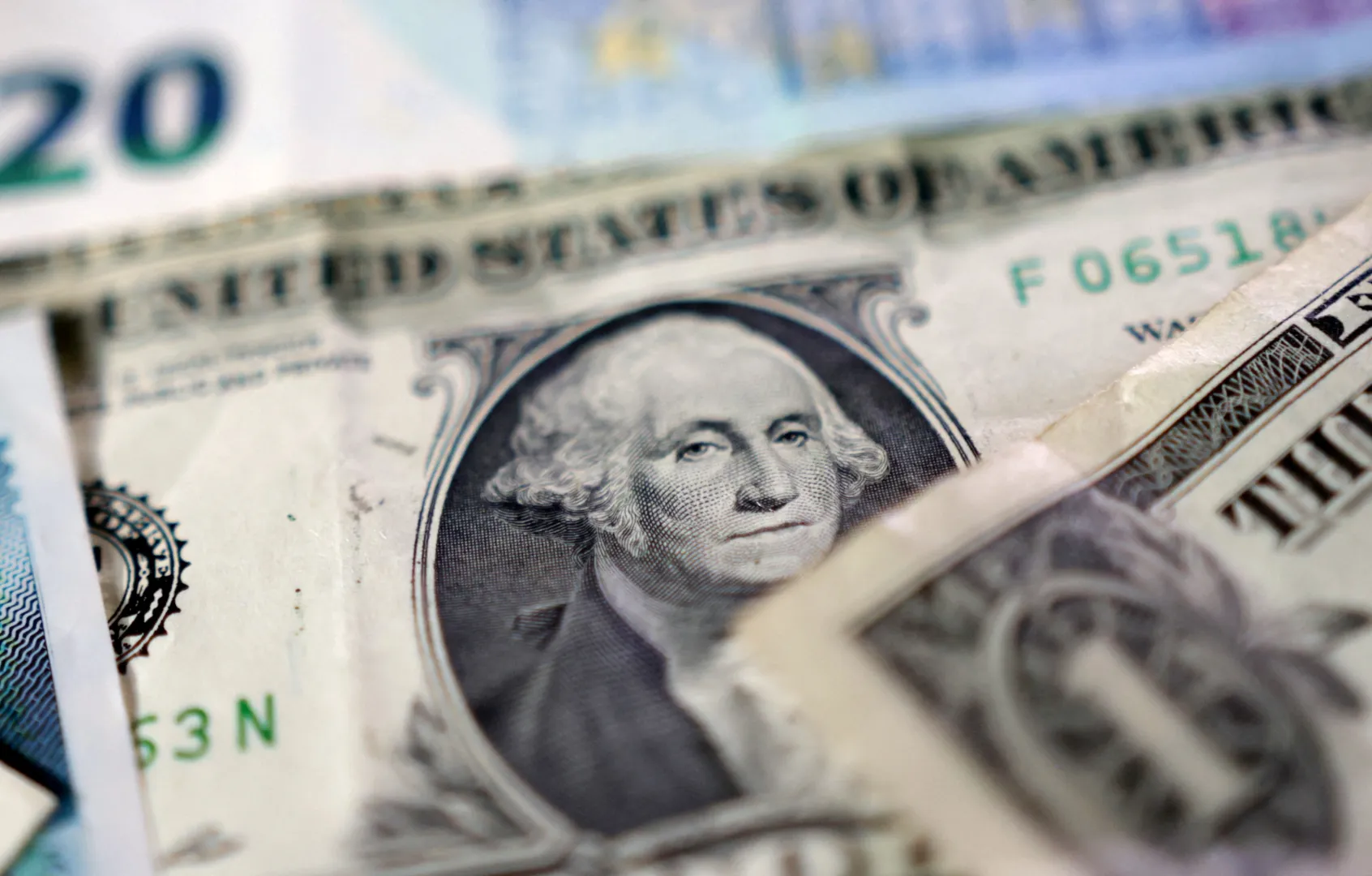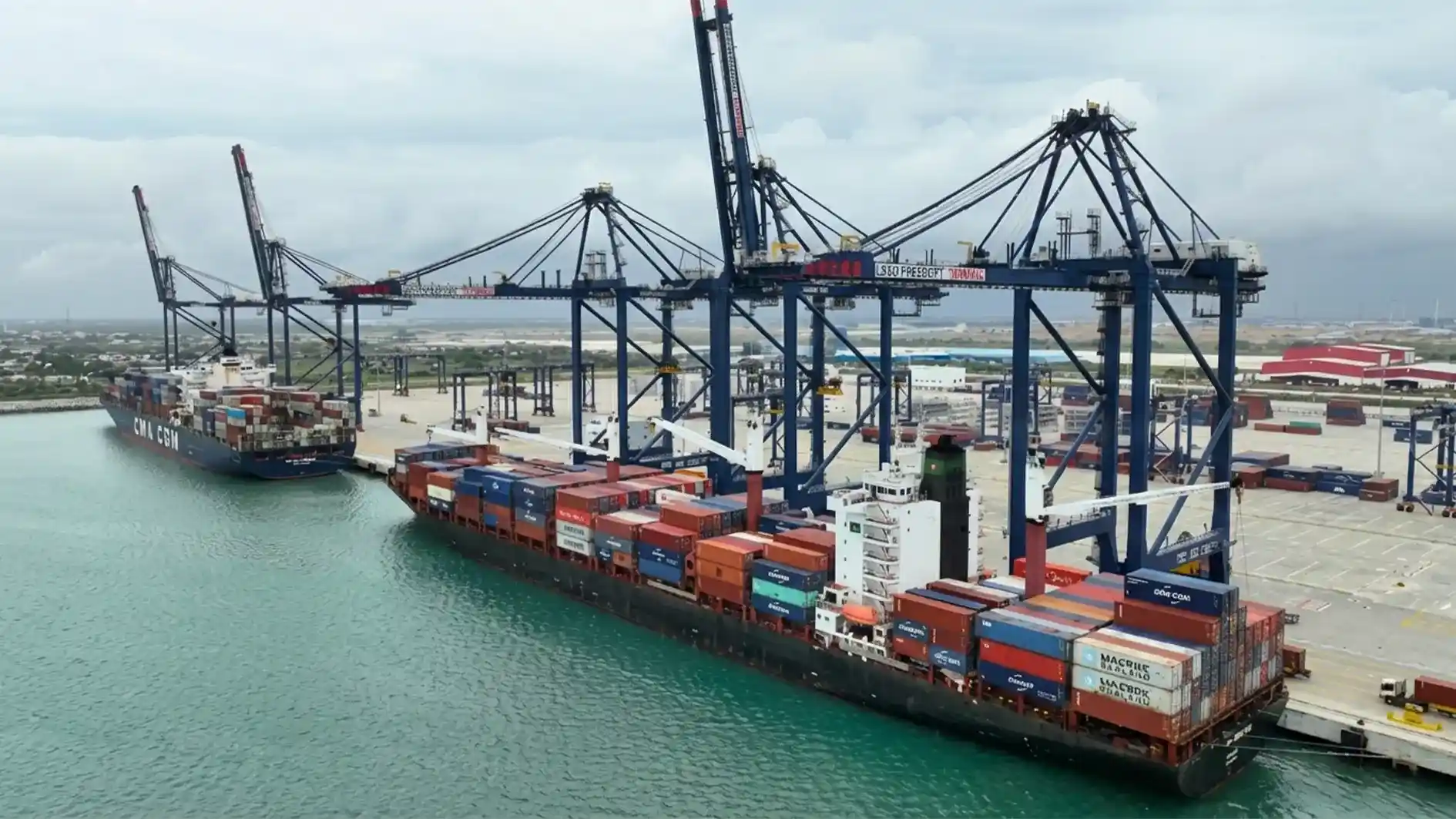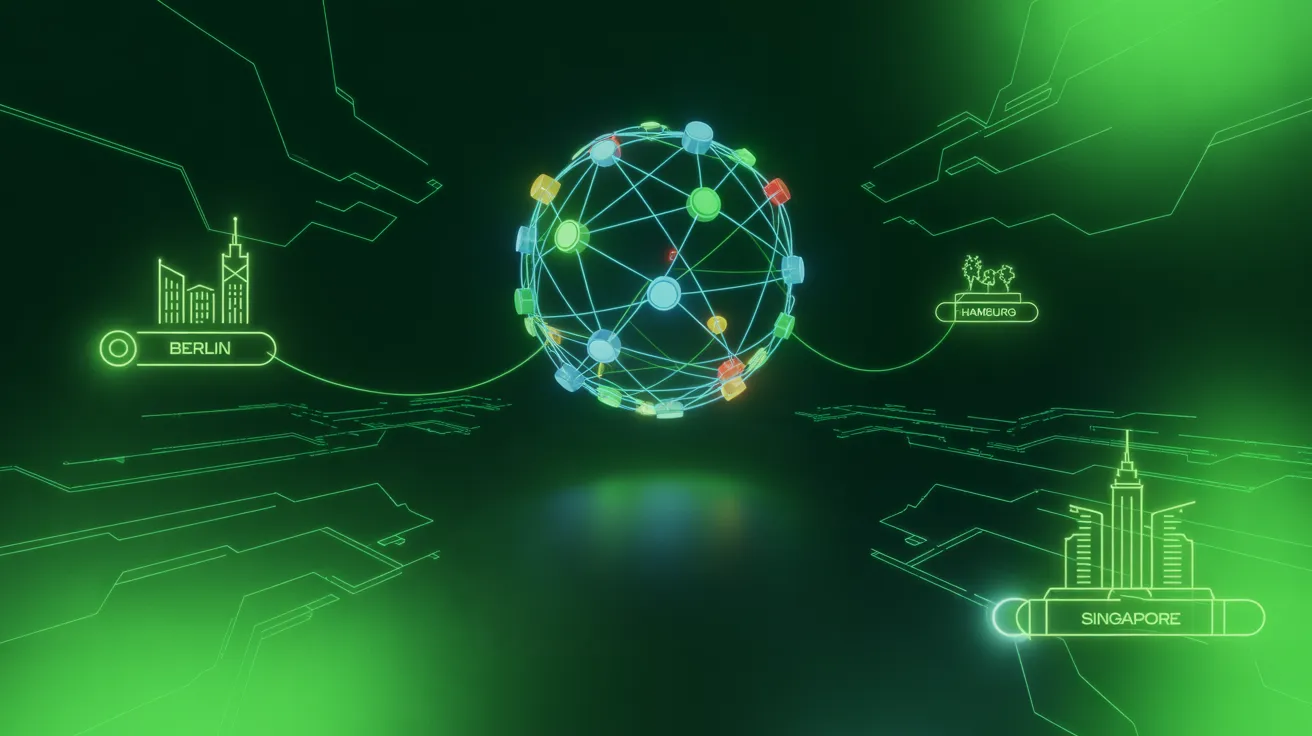In a major push to close Africa’s energy access gap, a coalition of multilateral lenders and global development finance institutions has pledged over $50 billion towards the Mission300 project. The initiative, led by the African Development Bank (AfDB) and the World Bank, aims to connect at least 300 million Africans to electricity by 2030, effectively cutting the continent’s energy deficit by more than half.
The funding commitments, made during the Mission300 Africa Energy Summit in Dar es Salaam, Tanzania, signal a renewed global focus on sustainable energy access in Africa. The continent, home to over 1.4 billion people, continues to struggle with a significant electricity shortfall, with more than 600 million individuals lacking reliable power. This initiative seeks to accelerate energy investments, improve infrastructure, and support policies that promote universal access to electricity.
A Breakdown of the Funding Commitments
The funding commitments made at the summit reflect a mix of concessional loans, grants, and direct project financing. The major financial contributors include:
- The World Bank: $22 billion in concessional loans and grants for energy infrastructure improvements and utility management.
- The African Development Bank (AfDB): $18.2 billion in direct financing for energy projects across Africa.
- Islamic Development Bank (IsDB): $2.65 billion, with funds coming from its different financial arms, including $1 billion from the bank itself, $1.5 billion from its trade financing branch, and $150 million from its commercial division.
- Asian Infrastructure Investment Bank (AIIB): $1 billion, with an initial focus on projects in Kenya and Rwanda.
- OPEC Fund for Development: $1 billion, with the possibility of increasing its contribution by another $1 billion over the next two years based on project progress.
- French Development Agency (AFD): $1.04 billion (€1 billion), as announced by French President Emmanuel Macron.
Additionally, several foreign governments have pledged financial and technical support:
- Norway: $27 million increase in funding to the Energy Sector Management Assistance Programme.
- United Kingdom: $8.5 million additional contribution to the Sustainable Energy Fund for Africa.
- Germany and Italy: Various commitments through multilateral organizations working to enhance energy access.
Why This Investment Matters
Africa’s energy poverty remains one of the most pressing development challenges. Despite having abundant natural resources, including vast solar, wind, and hydroelectric potential, the continent has struggled with inadequate electricity generation and distribution infrastructure.
The lack of electricity access stifles economic growth, limits educational opportunities, and hampers healthcare delivery. In many rural areas, people rely on inefficient and often hazardous energy sources, such as kerosene lamps and firewood, for lighting and cooking. By improving energy access, the Mission300 initiative aims to enhance productivity, create jobs, and improve overall living conditions.
According to World Bank data, sub-Saharan Africa has the lowest electricity access rate globally, with many countries facing severe energy deficits. Countries such as South Sudan, Chad, and Burundi have electricity access rates below 15%, making them some of the most underserved regions in the world. The new financing commitments will target such areas, prioritizing investments in off-grid and renewable energy solutions.
Expanding Renewable Energy Solutions
A significant portion of the pledged funds will go towards renewable energy projects, reflecting Africa’s vast potential in solar, wind, and hydropower generation. Many financiers have emphasized the importance of leveraging green energy to achieve long-term energy sustainability.
For example, the AfDB has been spearheading several initiatives under its “Desert to Power” project, which aims to turn the Sahel region into a global renewable energy powerhouse by tapping into its solar energy potential. This initiative alone has the potential to generate 10 GW of solar power, providing electricity to 250 million people.
Similarly, the World Bank’s contribution will focus on expanding grid connections and off-grid solutions, particularly in rural and underserved communities. The institution has been actively supporting Africa’s energy sector through initiatives like the Scaling Solar Program, which has helped countries such as Zambia, Senegal, and Ethiopia rapidly deploy solar projects at competitive costs.
The Role of Private Sector and Public-Private Partnerships
Beyond the commitments from international financiers, private sector participation will be critical in achieving the Mission300 goals. Many experts believe that Africa needs a more robust public-private partnership (PPP) model to drive energy investments efficiently.
Countries such as Kenya, South Africa, and Morocco have successfully integrated private investment into their renewable energy sectors. The South African Renewable Energy Independent Power Producer Procurement Program (REIPPPP), for instance, has attracted over $15 billion in private sector investment, making it a model for other African nations.
The AIIB has also emphasized that it will work closely with private sector investors to co-finance projects that promote energy access. AIIB President Jin Liqun noted that the bank is considering projects in several African countries, particularly in East Africa, where renewable energy development is gaining momentum.
Challenges and Roadblocks
While the commitments made at the summit mark a significant step forward, several challenges remain in achieving universal electricity access in Africa:
- Infrastructure Deficiencies: Many African countries struggle with outdated or poorly maintained power grids, leading to frequent blackouts and unreliable service. Investments in transmission and distribution infrastructure will be crucial to ensuring that new power generation projects effectively reach consumers.
- Regulatory and Policy Barriers: Unclear energy policies, bureaucratic delays, and inconsistent regulatory frameworks have deterred investors in the past. Governments will need to implement investor-friendly policies to attract long-term energy investments.
- Affordability and Financing Constraints: Even with increased financing, many African households and businesses struggle to afford electricity. Innovative financing models, such as pay-as-you-go (PAYG) solar systems and microfinance-backed energy solutions, will be necessary to make electricity access affordable.
- Security and Political Instability: Some African regions face security challenges that hinder infrastructure development. Conflicts in parts of the Sahel, the Democratic Republic of the Congo, and northern Mozambique have made it difficult to deploy energy projects in these areas.
Future Outlook: What Comes Next?
With over $50 billion committed, the next crucial step is the effective implementation of projects. Development institutions and African governments will need to work together to ensure that funds are allocated efficiently, projects are executed on time, and energy access is expanded equitably.
The Mission300 initiative presents a transformative opportunity for Africa. If successfully executed, it could serve as a blueprint for other regions grappling with energy poverty. Moreover, by prioritizing renewable energy, Africa has the chance to leapfrog traditional fossil-fuel-based energy models and become a leader in green energy development.
International financiers and African leaders alike have emphasized that achieving the ambitious goal of connecting 300 million people by 2030 will require sustained effort, continuous investment, and policy reforms. The commitment displayed at the Dar es Salaam summit sets a strong foundation, but the road ahead remains challenging.
As the world moves towards a more sustainable future, Africa’s energy transition will play a crucial role in shaping the global clean energy landscape. With the right investments, policies, and partnerships, the continent has the potential to power millions of homes and businesses, unlocking economic opportunities and improving the quality of life for generations to come.
Ready to take your career to the next level? Join our dynamic courses: ACCA, HESI A2, ATI TEAS 7 , HESI EXIT , NCLEX – RN and NCLEX – PN, Financial Literacy!🌟 Dive into a world of opportunities and empower yourself for success. Explore more at Serrari Ed and start your exciting journey today! ✨
photo source: Google
By: Montel Kamau
Serrari Financial Analyst
6th January, 2025
Article, Financial and News Disclaimer
The Value of a Financial Advisor
While this article offers valuable insights, it is essential to recognize that personal finance can be highly complex and unique to each individual. A financial advisor provides professional expertise and personalized guidance to help you make well-informed decisions tailored to your specific circumstances and goals.
Beyond offering knowledge, a financial advisor serves as a trusted partner to help you stay disciplined, avoid common pitfalls, and remain focused on your long-term objectives. Their perspective and experience can complement your own efforts, enhancing your financial well-being and ensuring a more confident approach to managing your finances.
Disclaimer: This article is for informational purposes only and does not constitute financial advice. Readers are encouraged to consult a licensed financial advisor to obtain guidance specific to their financial situation.
Article and News Disclaimer
The information provided on www.serrarigroup.com is for general informational purposes only. While we strive to keep the information up to date and accurate, we make no representations or warranties of any kind, express or implied, about the completeness, accuracy, reliability, suitability, or availability with respect to the website or the information, products, services, or related graphics contained on the website for any purpose. Any reliance you place on such information is therefore strictly at your own risk.
www.serrarigroup.com is not responsible for any errors or omissions, or for the results obtained from the use of this information. All information on the website is provided on an as-is basis, with no guarantee of completeness, accuracy, timeliness, or of the results obtained from the use of this information, and without warranty of any kind, express or implied, including but not limited to warranties of performance, merchantability, and fitness for a particular purpose.
In no event will www.serrarigroup.com be liable to you or anyone else for any decision made or action taken in reliance on the information provided on the website or for any consequential, special, or similar damages, even if advised of the possibility of such damages.
The articles, news, and information presented on www.serrarigroup.com reflect the opinions of the respective authors and contributors and do not necessarily represent the views of the website or its management. Any views or opinions expressed are solely those of the individual authors and do not represent the website's views or opinions as a whole.
The content on www.serrarigroup.com may include links to external websites, which are provided for convenience and informational purposes only. We have no control over the nature, content, and availability of those sites. The inclusion of any links does not necessarily imply a recommendation or endorsement of the views expressed within them.
Every effort is made to keep the website up and running smoothly. However, www.serrarigroup.com takes no responsibility for, and will not be liable for, the website being temporarily unavailable due to technical issues beyond our control.
Please note that laws, regulations, and information can change rapidly, and we advise you to conduct further research and seek professional advice when necessary.
By using www.serrarigroup.com, you agree to this disclaimer and its terms. If you do not agree with this disclaimer, please do not use the website.
www.serrarigroup.com, reserves the right to update, modify, or remove any part of this disclaimer without prior notice. It is your responsibility to review this disclaimer periodically for changes.
Serrari Group 2025












